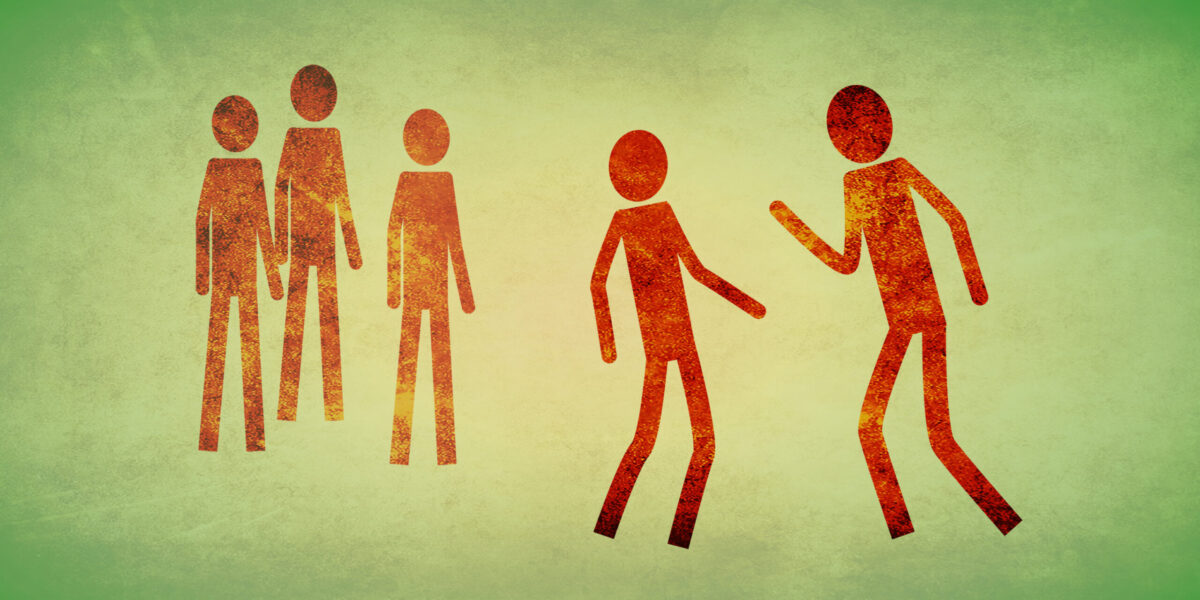"They need not go away; you give them something to eat."
—Matthew 14:13-21
In the Bible, we discover that Jesus has the power to do miracles. Christ will feed 4,000 later in Matthew’s Gospel. He intervenes to make sure that people do not go hungry, but here, Jesus asks his disciples to take part in the work. Christ invites others to join in the important work of the kingdom. When you use the tactic of delegate, you will do the same. Ask others to join you in bringing the peace and justice of the kingdom of God.
In Matthew’s Gospel, Jesus looks at the gifts [that] the disciples bring him, and blesses them. The people around you bring many blessings. Some of those people may manage the space where public harassment takes place, and can take actions to stop abuse in a way you cannot. Someone might be better equipped and willing to directly intervene while you use the distract response to attend to the victim. Another person might document the situation so that if the victim chooses, they can file a police report. If a community works together, it can send a strong message that it is not just one person who will counter victimization, but that this is a shared value. You have sent a message that the victim is worthy of respect and care.
Although some of the people you involve in countering harassment might not have gone through a bystander intervention training, your actions invite them into the work of defending their neighbors. Much like the disciples are taught how to participate in the kingdom of God, your companions can learn from your non-anxious reaction how to intervene in helpful ways.
If you find that you are out of range to respond to an attack, or that the situation is escalating, you may want to involve others. Remember that some vulnerable communities have complicated relationships with the police. Do not contact the police unless you have the permission of the person experiencing an attack.
1. Identify friends or family with the victim whom you can alert to the situation.
2. Ask for the assistance of the bus driver, librarian, host, or whichever person is charged with the management of the area you are in.
3. Involve others by explaining what’s happening, and tell them you need someone to get help, or that you need assistance with a direct or distract response. You are more powerful with others.
Small-group discussion
1. Can you see yourself using this tactic to respond?
2. How might it feel if you were the person who was being harassed if multiple people came to try and help?
3. What are the positives and negatives that might be associated with getting other people to help you?







